Gardening is a blend of science, art, and love for the natural world. It’s a skill that anyone can master with the right knowledge and a little patience. Whether you’re new to gardening or have been tending to plants for years, expert planting tips can make a substantial difference in the growth and vitality of your garden. In this article, we’ll explore some of the most effective planting techniques used by gardening experts to ensure your garden flourishes.
1. Soil Enrichment
The foundation of a thriving garden is fertile soil. Before planting, assess your soil’s pH and nutrient levels. You can do this by using a soil testing kit or seeking assistance from your local agricultural extension office. Depending on the results, amend your soil with organic matter like compost to improve its structure, fertility, and moisture-holding capacity.
2. Thoughtful Plant Selection
Choose plants that are ideally suited for your local climate and growing conditions. Your region’s hardiness zone, temperature, rainfall, and soil type are all factors to consider when selecting plants. Expert gardeners understand that plant selection is critical for successful growth.
3. Perfect Planting Depth
Different plants require different planting depths. To ensure optimal germination and growth, follow the guidelines provided on seed packets or plant labels. Planting too deep or too shallow can hinder plant development.
4. Spacing for Success
Avoid overcrowding in your garden by adhering to recommended spacing guidelines for each type of plant. Proper spacing ensures that plants have enough room to grow, spread their roots, and maintain good air circulation.
5. Watering Wisdom
Watering is a balancing act. Each plant has unique water requirements. To prevent overwatering or underwatering, monitor soil moisture. Water your garden when the soil is dry to the touch but not excessively dry. Overwatering can lead to root rot, while underwatering can cause dehydration.
6. Mulching Magic
Applying a layer of organic mulch around your plants is a valuable practice. It conserves moisture, suppresses weeds, regulates soil temperature, and enriches soil quality. Expert gardeners understand the importance of mulch for successful growth.
7. Pruning and Maintenance
Regular pruning and maintenance are vital to plant health. Remove dead or damaged branches, spent flowers, and excessive growth. This not only encourages new growth but also maintains the shape and health of your plants.
8. Fertilization Fundamentals
Plants need essential nutrients to thrive. Use appropriate fertilizers, whether organic or synthetic, and apply them at the right times and in the right quantities. Understanding the nutritional needs of your plants is essential for their health.
9. Pest and Disease Management
Garden pests and diseases can be a challenge. Early detection and intervention are essential to prevent these issues from spreading. Employ natural and chemical remedies as needed to protect your plants.
10. Seasonal Adaptations
Gardening is a dynamic practice that changes with the seasons. Adjust your care routine for watering, pruning, and fertilizing to match the evolving needs of your plants.
In conclusion, gardening is a journey of learning and discovery. Expert planting tips can significantly boost the growth and health of your garden. By understanding your soil, choosing the right plants, and applying these techniques, you can turn your garden into a flourishing masterpiece. Gardening is about nurturing life and creating a thriving ecosystem that delights the senses. So, dig in, follow these expert planting tips, and watch your garden flourish. Happy gardening!



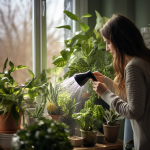

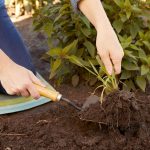
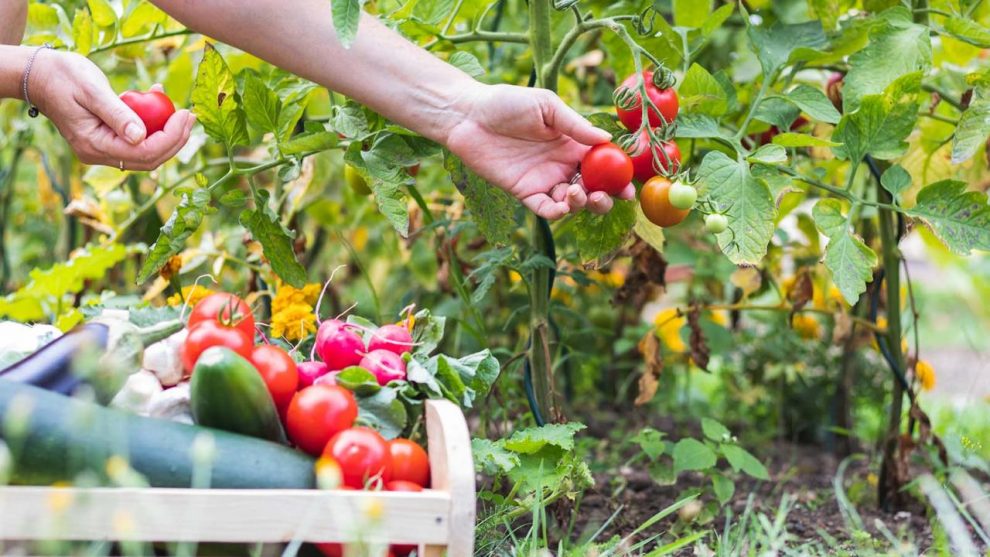
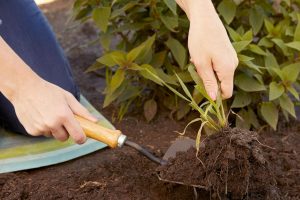
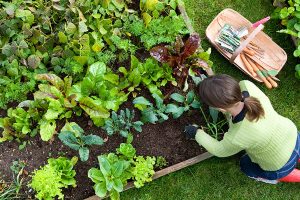
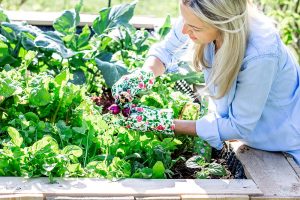
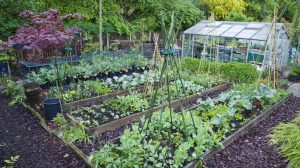
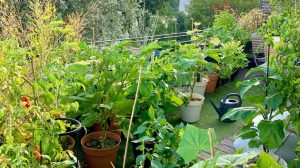
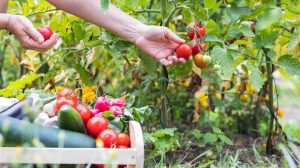
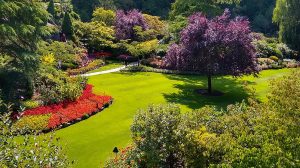



Add Comment